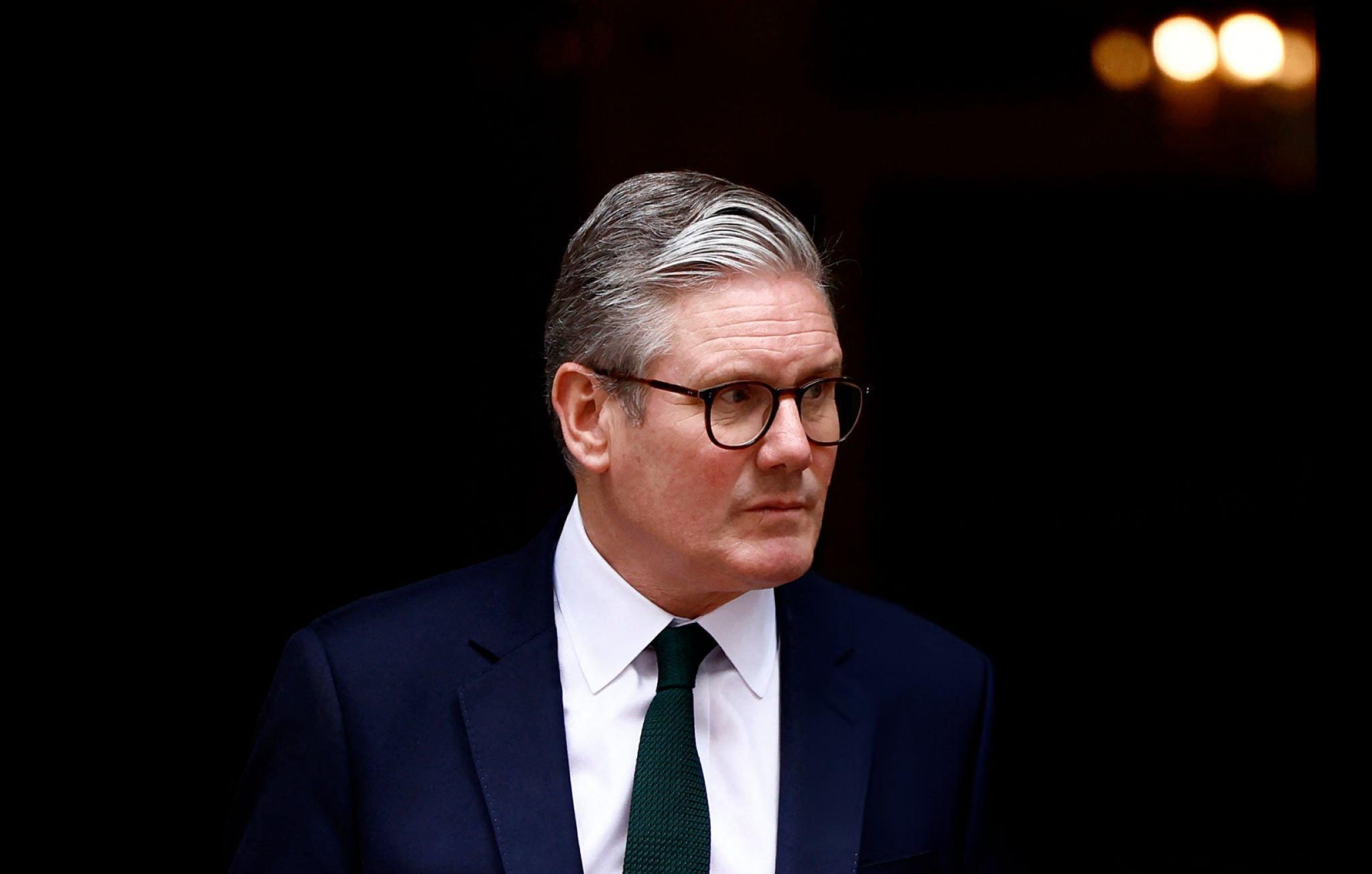Prime Minister faces pressure to clarify timeline as winter fuel U-turn hangs in the balance
Sir Keir Starmer is under growing pressure to confirm whether more pensioners will be eligible for winter fuel payments in time for the coming winter, following a partial U-turn on Labour’s widely criticised decision to means-test the previously universal support.
The Prime Minister indicated on Wednesday that he wants to extend eligibility for the payment — worth up to £300 — “as the economy improves”. However, he added that further details would be announced at a “fiscal event”, expected to be the autumn budget.
The delay has drawn criticism from across the political spectrum, with concerns mounting over whether changes will take effect soon enough to ease the burden for vulnerable pensioners this winter.
Conservative leader Kemi Badenoch has written directly to the Prime Minister, demanding clarity on the implementation timeline. “Pensioners are typically living on fixed incomes. They need to be able to plan ahead,” she wrote. “We have heard from many who have suffered through the past winter as a result of your Government’s callous decision to remove their winter fuel payments. Some have had to choose between heating and eating.”
Sir Keir’s Labour Government had initially opted to means-test the winter fuel payment following its landslide election victory, a move announced by Chancellor Rachel Reeves. However, the decision was met with backlash from both Labour backbenchers and campaigners, particularly during the May local elections and the Runcorn and Helsby parliamentary by-election, where Labour suffered notable losses.
Rachael Maskell, Labour MP for York Central and a vocal critic of the original decision, cautiously welcomed the Government’s reconsideration but warned of practical barriers to delivering relief this winter. “It seems that the sequencing of this would preclude people this coming winter, unless they did something else to enable people to get it,” she told the PA news agency. “If eligibility is based on pension credit, and the deadline to apply falls around the time of the budget, then it could mean that people would go cold for a further winter.”
Government officials have so far been unable to confirm how many pensioners may benefit from the policy shift, or whether the necessary infrastructure is in place to implement changes quickly. According to The Times, sources within Whitehall are concerned that ageing computer systems may delay reinstating payments for over a year.
The winter fuel payment has historically enjoyed broad public and political support. Introduced by former Labour Chancellor and Prime Minister Gordon Brown, it was designed to provide direct assistance with heating costs during the colder months. Speaking to Sky News this week, Mr Brown suggested that wealthier pensioners could reasonably be excluded, but urged the Government to act swiftly. “I think there is a case, for example, for people on the top rate of tax not receiving it, but that’s something the Government has got to decide,” he said.
Announcing the policy shift, Sir Keir said he recognised the ongoing impact of the cost-of-living crisis. “I understand that people are still feeling the pressure of the cost-of-living crisis, including pensioners,” he said. “As the economy improves, we want to make sure people feel those improvements. That is why we want to ensure that, as we go forward, more pensioners are eligible for winter fuel payments.”
However, with no firm assurances on timing or eligibility criteria, the announcement has left many confused and anxious about whether help will arrive in time.
The move also opens the door for further reversals, including on contentious proposals to reform disability benefits, which have provoked the threat of rebellion from dozens of Labour MPs. Ministers are also said to be weighing the possibility of scrapping the two-child benefit cap — another flashpoint among the Labour rank and file — although Downing Street has cautioned that such a move would not be a “silver bullet” for eradicating child poverty.
As pressure mounts, all eyes will now turn to the autumn budget, with vulnerable pensioners, MPs, and advocacy groups watching closely for firm commitments — and swift action.






